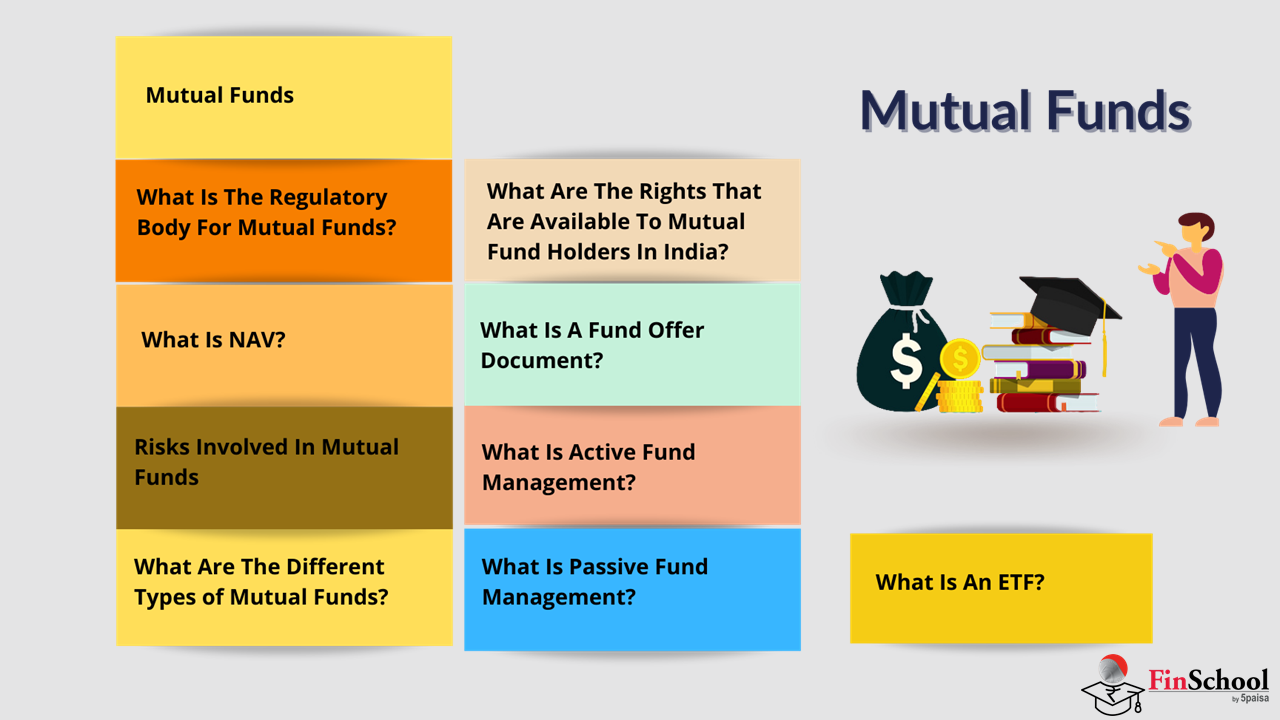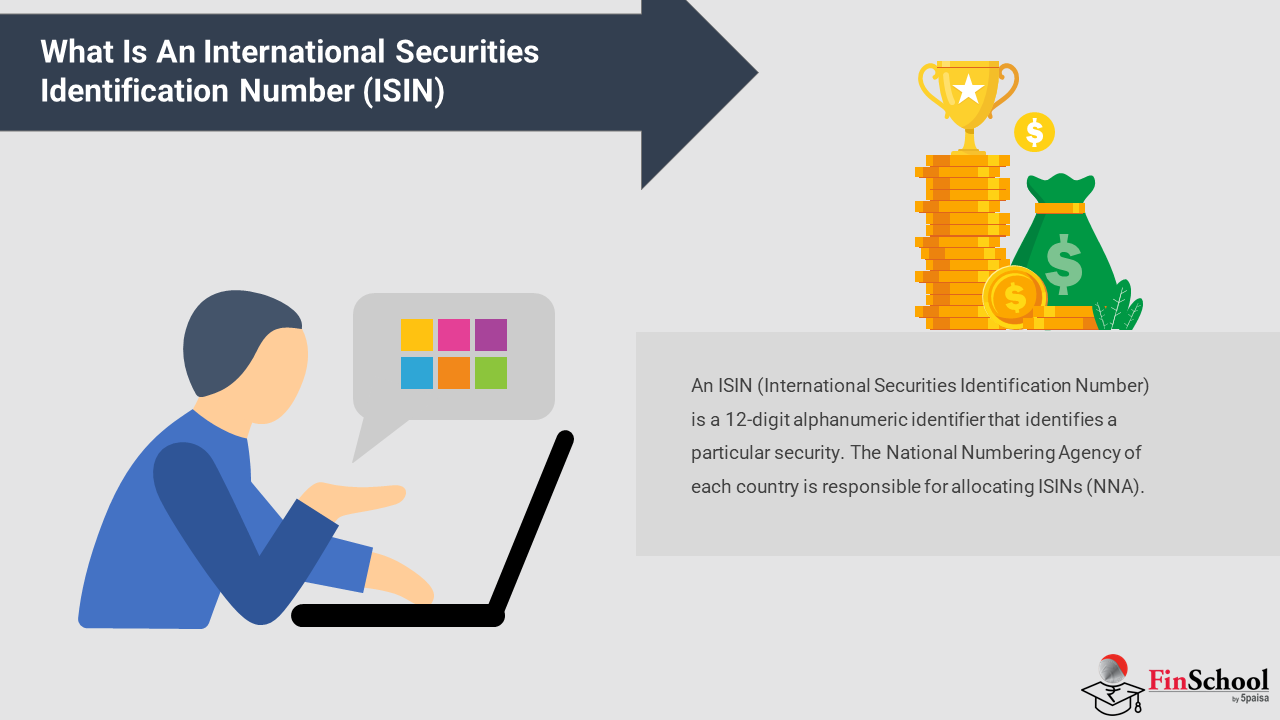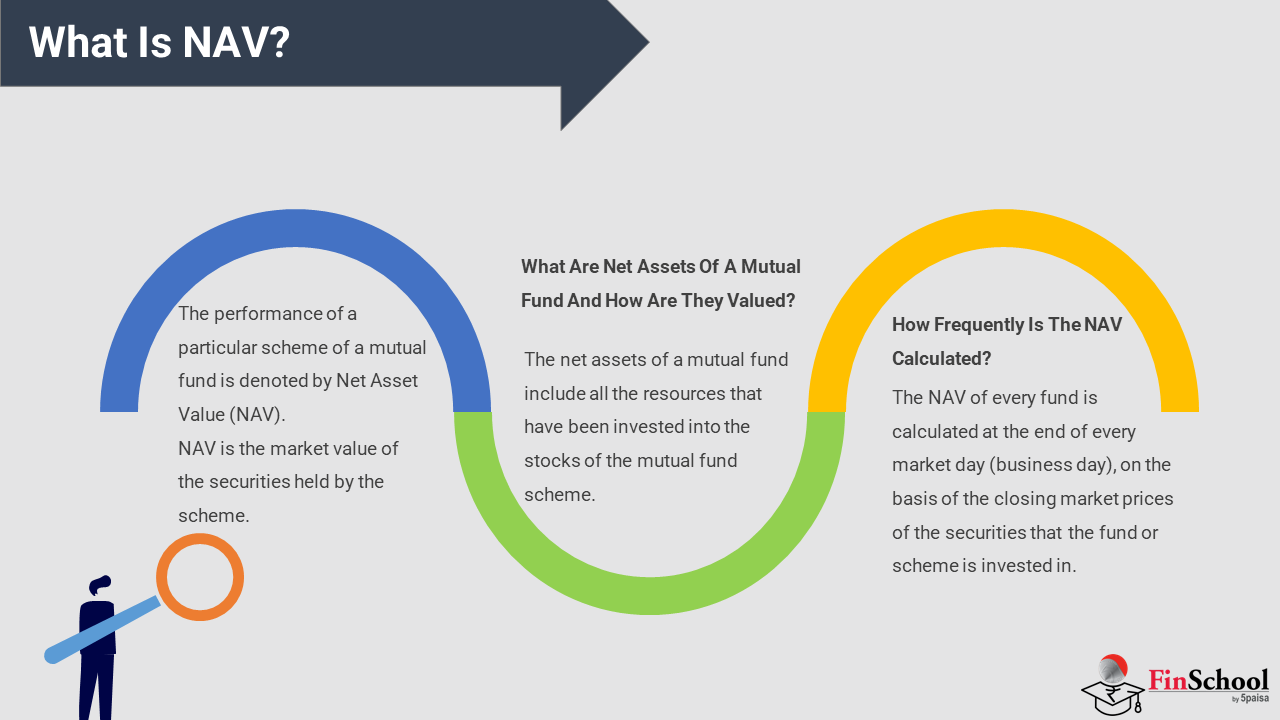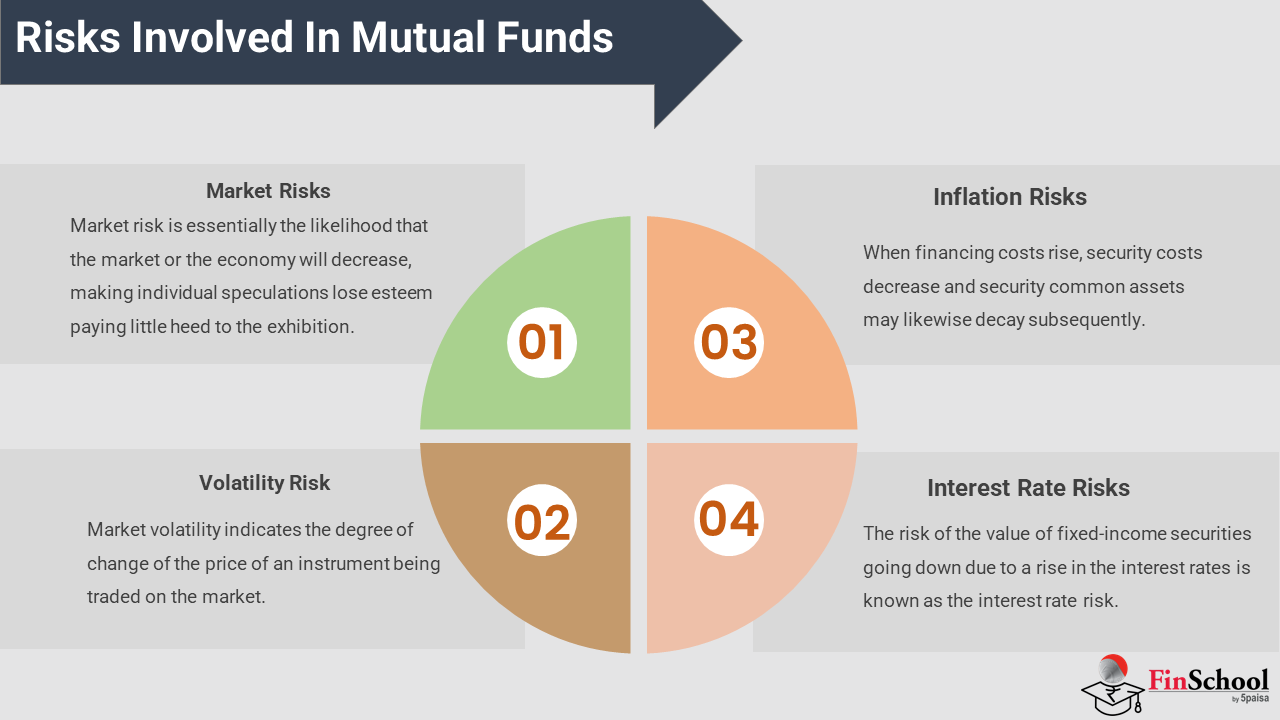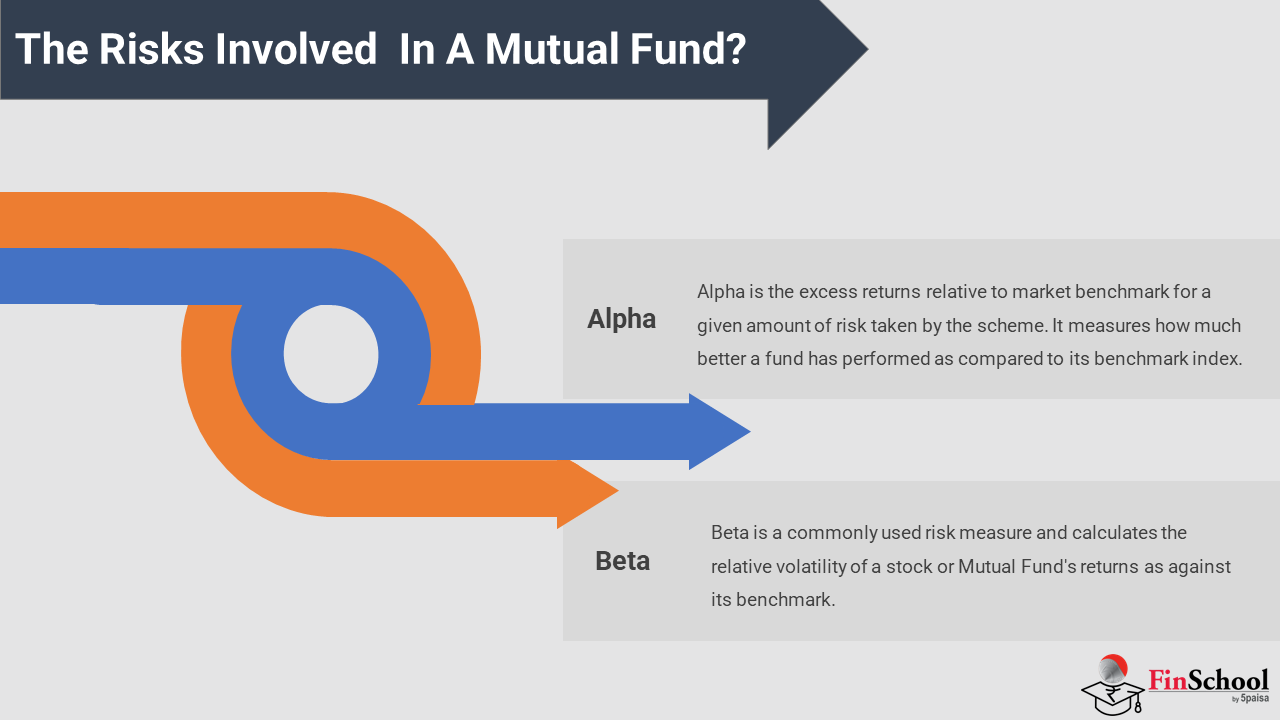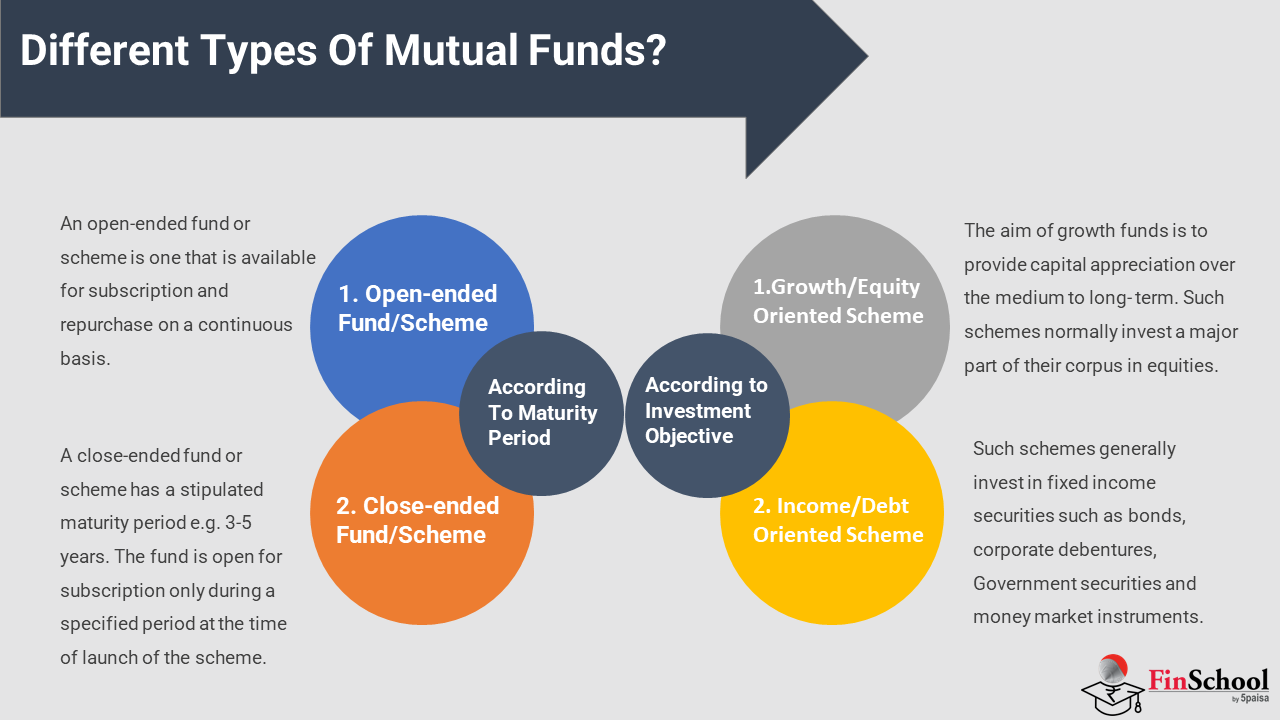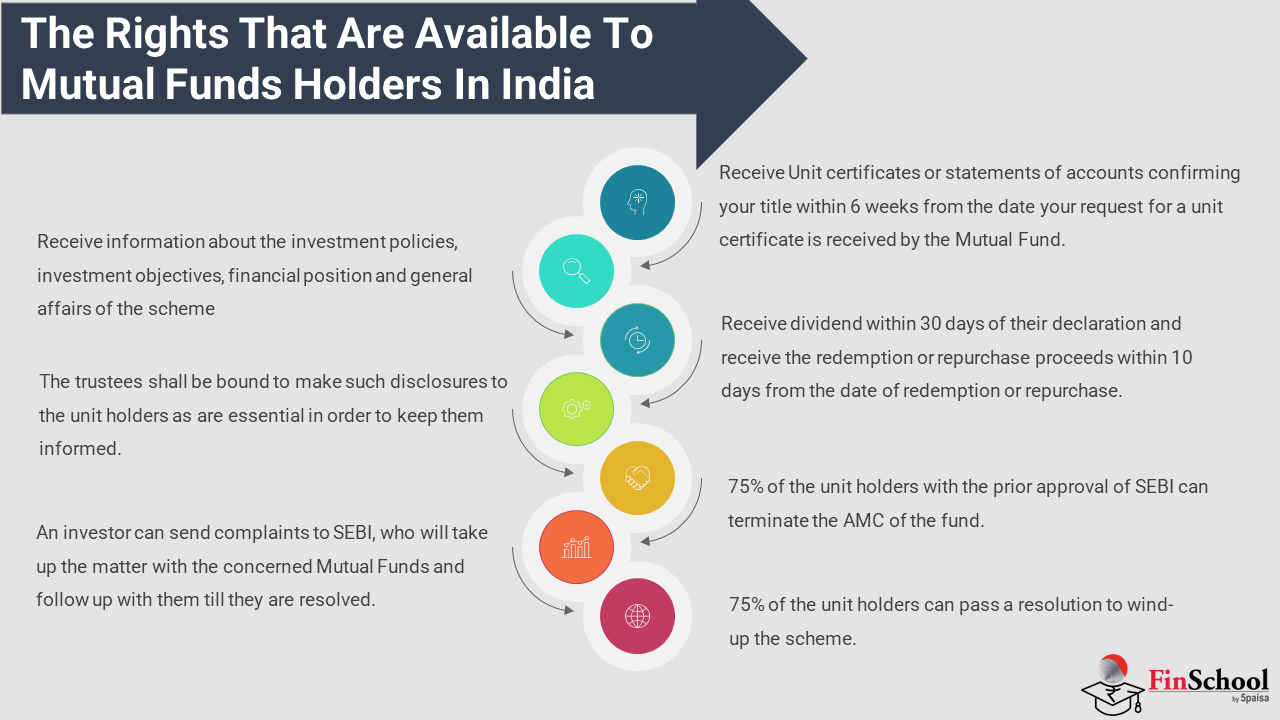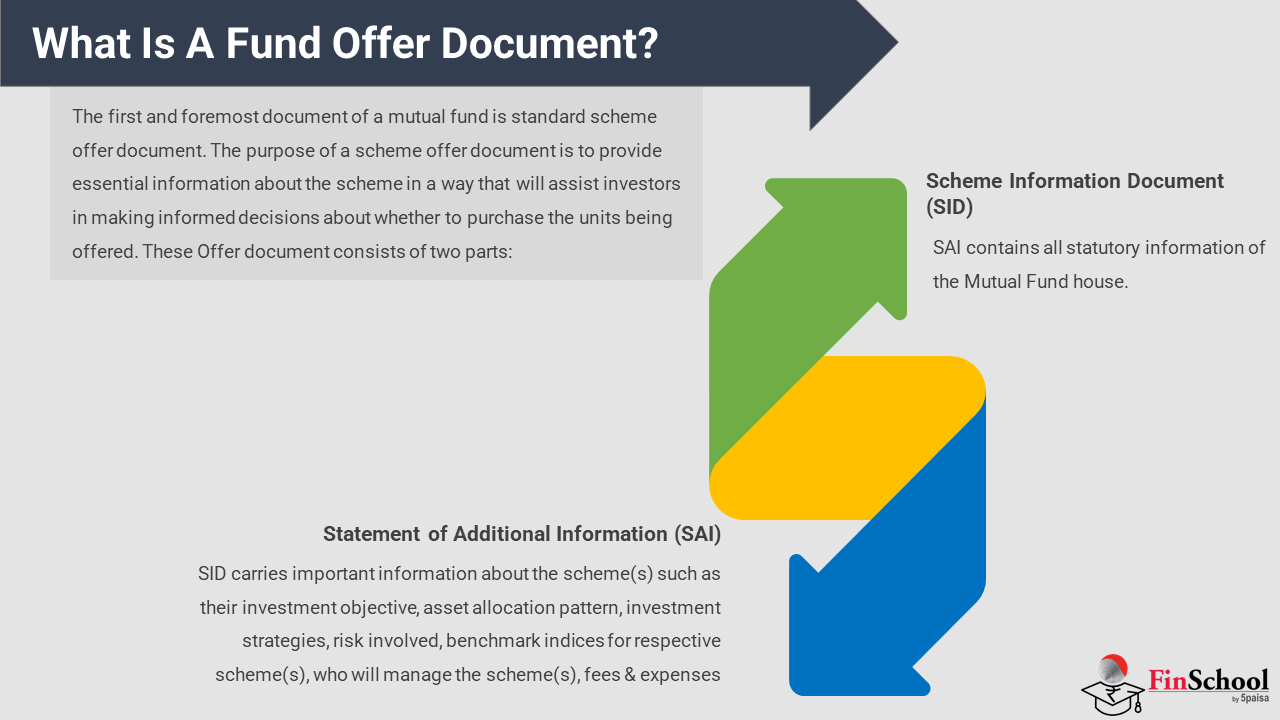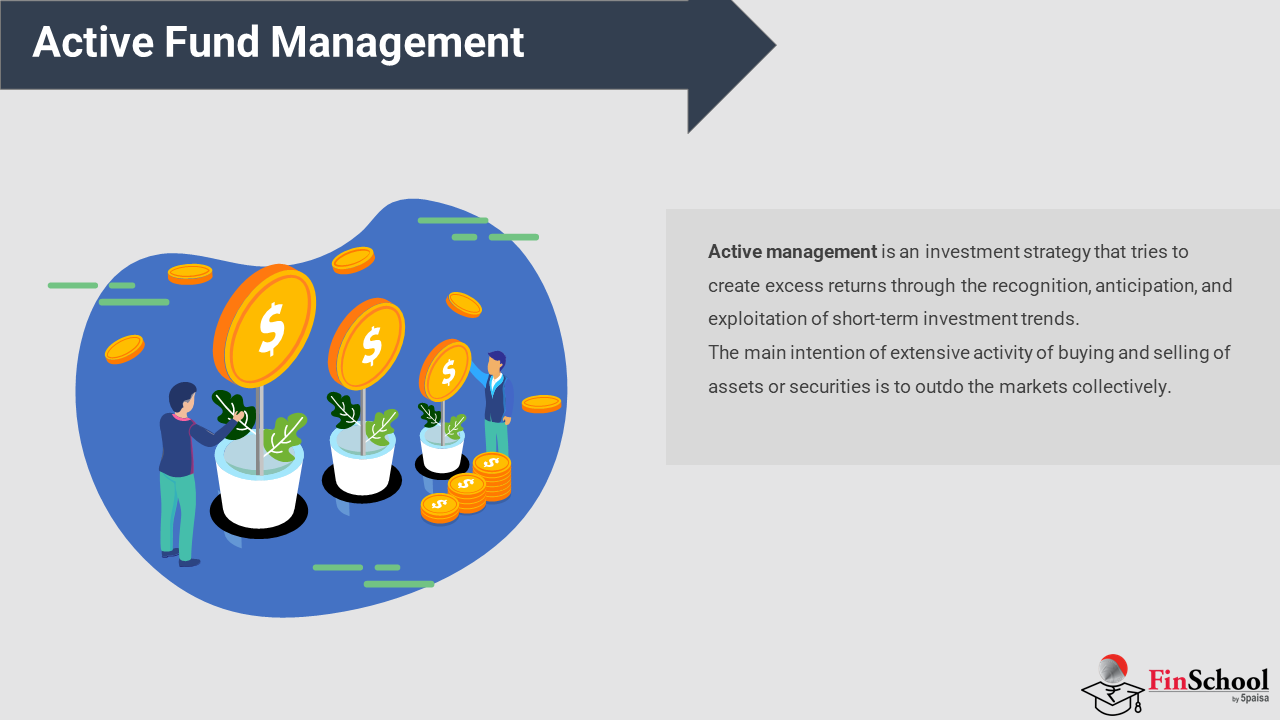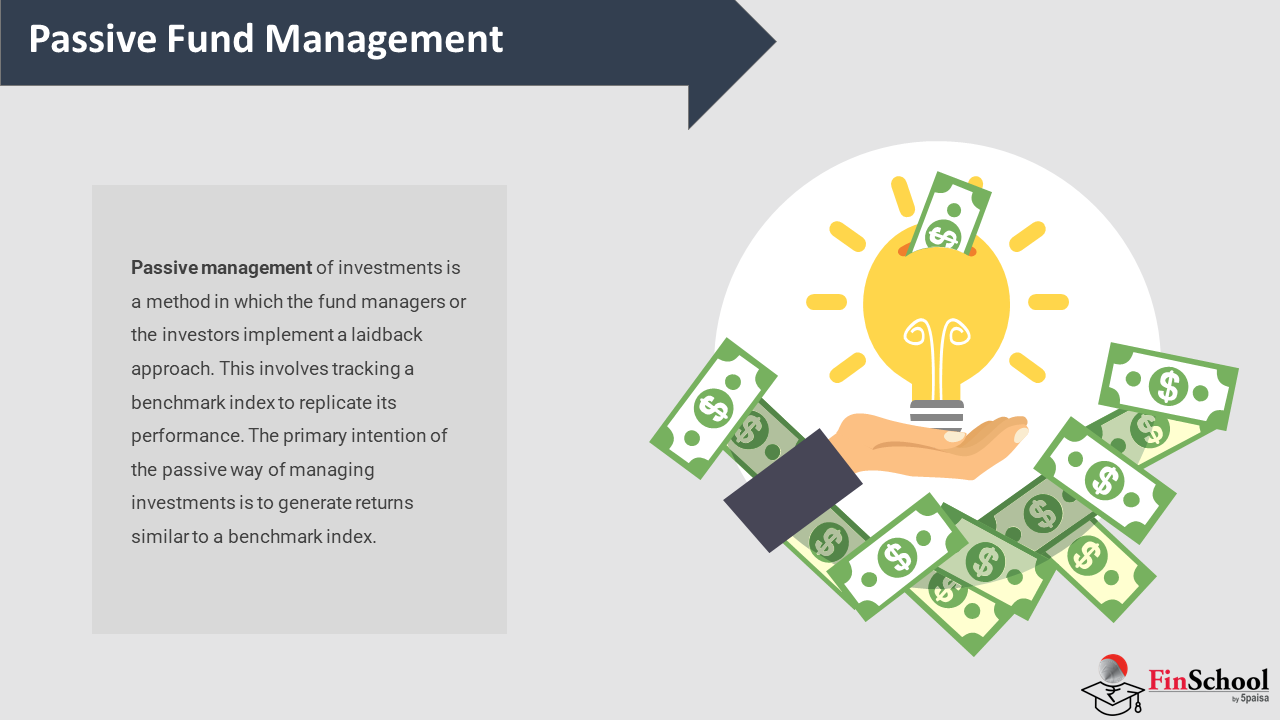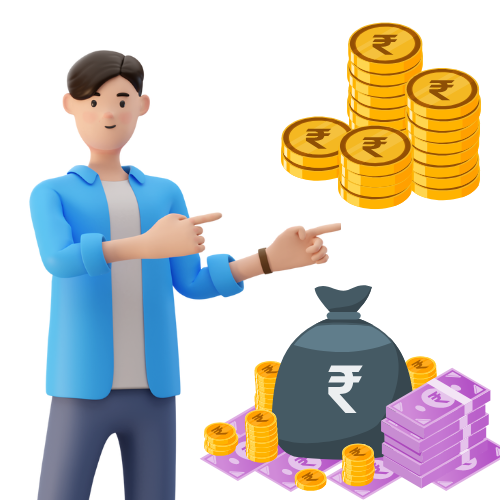- Study
- Slides
- Videos
8.1 Myth 1: Indian insurance companies do not give claims
Insurance is a crucial but often misunderstood financial solution in the industry. It is perceived as a product largely purchased by consumers in larger cities, while needing a constant push for acceptance in smaller towns. In the recent past, however, as new-age digital transaction ecosystems proliferated, Insurance and other financial products have become more accessible to everyone. Moreover, a few simple taps on a smartphone are all it takes to get an Insurance policy, thus changing the Insurance landscape as we know it.
Most people refrain from buying health insurance policies because they fear that the process of claim settlement is a tedious one and that insurance companies do not settle claims easily. However, that is not true, the IRDAI annual report states that during the period of 2020-21, insurance companies settled around 95-97% of the insurance claims. Besides, many insurance companies also offer cashless claims, making the entire process more seamless and convenient for customers. For example, Reliance General Insurance’s health insurance policy has a 98% claim settlement rate and guarantees cashless claims within two hours. Also, in certain instances like for example the non-payable expenses, insurance claims might not cover the full expenses. Examples of non-payable claims include consumable, toiletries, cosmetics, convenience items, and certain non-medical charges among other things.
However, you might be able to buy out of such covers at an additional cost. Further, insurance claims might be rejected in scenarios like going beyond the sum insured, or claiming insurance for diseases mentioned under the exclusion section, submitting incomplete documents, or non-disclosures, partial disclosures, and wrong disclosures of important details etc. But if all your paperwork is in place and properly filled then your claim will be processed without any hassles.
8.2 Myth 2: Conditions like cancer and diabetes are not covered
- Cancer and Diabetes are covered in most of the health insurance policies available in the market. However, if the diabetes and cancer are existing prior to purchase of the policy, one may have to complete the pre-existing waiting period before the same gets covered. However, if the diseases are not pre-existing to policy purchase, there is no waiting period and gets covered right from diagnosis unless part of specific waiting list. Most health insurance policies today cover the major costs related to in-patient hospitalization, diagnostic testing, and medication costs, among other things.
- Some health policies also provide these covers as add-ons, so it is best to check with your insurer about all the benefits offered under your policy before you sign up for one. You can also explore the possibility of reducing the pre-existing diseases waiting period by selecting suitable add-ons in your health insurance policies. If you have a family history of cancer or diabetes, you could also opt for a specialized health insurance cover meant specifically for these conditions.
8.3 Myth 3: Corporate group health insurance plan provided by employer is enough
People often think that the corporate group health insurance plan provided by their employers is enough to cover all their medical needs. However, not only do you lose the benefits under the group policy when you switch organizations, but most of these policies cover only the employee. So, if one wishes to extend the cover to his/her family members, he/she needs to pay an additional premium.
A regular health insurance plan, on the other hand, provides you coverage without a break when you change jobs, while enabling you to enjoy all the benefits earned so far on successive in-time renewals of the policy. You can also opt for the Super Top Up health plan offered by the Reliance General Insurance which covers the balance amount payable for medical bills after you have paid the deductible, that is the fixed expense that you must pay despite having a health policy.
8.4 Myth 4: Health insurance in India is expensive
Health insurance in India is perceived to be quite expensive, prompting many customers to avoid taking up a health policy for fear of the extra burden on their finances. Contrary to this popular belief, health insurance policies can be quite affordable to purchase. The IRDAI guidelines allow people to pay their policy premiums in quarterly and half yearly instalments.
For instance, there are several insurance players in the market and Reliance General Insurance is one such leading insurance player that provides policies at an affordable pricing and with premium financing options similar to the ones offered while buying consumer goods at an electronic shop. Besides, you can also avail tax deductions on your health insurance premium payments, a fact that most people are unaware of. The Indian Government provides tax relaxation for health insurance premiums under Section 80D of the Income Tax Act, 1961.
8.5 Myth 5: People who smoke and drink alcohol are not eligible for health insurance
- You may have often heard people say, ‘I am a smoker so I won’t be eligible for a health insurance plan’ or ‘I drink alcohol so I can’t avail a health policy,’ but neither of these statements are true. If you smoke or drink alcohol, you may have to pay a slightly higher premium for your health insurance policy, but you can still avail one. Some insurers may ask you to undergo a health examination before offering you a plan, but most insurance companies are only concerned with pre-existing medical conditions, which you must declare at the time of applying for the policy.
very smoker should have a life insurance plan, as the probability of a smoker passing away earlier than other non-smokers is higher. Bearing this in mind, insurance companies now offer term insurance plans for smokers.There have been cases wherein customers hide the fact that they smoke from insurance companies. However, a health check-up, which is a pre-requisite for a term insurance plan, is sure to reveal the truth. It will also further complicate your policy claim if the insurer finds this out, once you’ve passed away.
All smokers do not have the same smoking habits and insurance companies understand this. That is why they have categorized smokers into three types:
-
Preferred Smoker
A preferred smoker is someone who apart from smoking is overall fit. The premium for this type of smoker is the least. -
Typical smoker
This is the kind of smoker with a minor lingering health issue. The premiums charged in this case will be slightly higher as compared to a preferred smoker. -
Table rated smoker
This is a smoker who has an obvious health condition owing to smoking. The premium this kind of a smoker pays on his term insurance plan is generally the highest among all three types. This is because the person already has a health issue and the insurance company looks to minimize its risks.
A term insurance for a non-smoker and a smoker are significantly different from each other. Here are a few things you should know before you buy term insurance for a smoker:
-
Minimum age
The minimum age to buy a term insurance for a smoker is 18 years. -
Maximum age
The maximum age until which a smoker may get coverage is 75 years. -
Minimum term
A smoker’s term insurance policy is a minimum of 5 – 10 years. -
Maximum term
The maximum term of the insurance policy may span anywhere between 30 – 40 years -
Sum assured
The minimum sum assured on a smoker’s plan is INR 3 lakh. The maximum may span up to the amount the insured requests. -
Premium payments
The premiums in a smoker’s term insurance policy need to be paid annually. -
Eligibility
Such term plans are only valid for Indian citizens who reside within the country. -
Maturity of the plan
In case the insured outlives the maturity of the policy, the person does not receive any benefits for the same
-
8.6 Myth 6: Alternative treatments are not covered
Alternative healthcare treatments like Ayurveda, Homeopathy, Unani, etc. have a huge demand in a market like India. And to cater to this growing popularity of these alternative treatments, some insurance companies also offer cover for such healthcare treatments. Many of them often provide this cover on request by customers, so make sure to ask your insurer about the same. It’s important also that you read through all the terms and conditions thoroughly and get a clear understanding of what each of them implies before deciding on a healthcare plan. In 2012-13, IRDAI had issued a regulation, suggesting insurance companies start covering alternative healthcare treatments. The healthcare policies offered by Reliance General Insurance cover AYUSH treatment up to 100% of sum insured and have a vast network of cashless hospitals across the country.
8.7 Myth 7: Hospital networks are available only in big cities
- Another common misconception surrounding healthcare insurance policies is that their hospital network is available only in large cities, but that isn’t true. Most insurance companies have a wide network of hospitals extending deep into the tier-2 and tier-3 cities across the country.
- At the hospitals covered under your insurers Hospital Network you can easily avail cashless treatment facilities and for hospitals not covered under your insurers hospital network you can opt for reimbursement.
- Reliance General Insurance, for example has a worldwide network of over 8,600 hospitals under its Super Top-Up Insurance plan, wherein the policy holders can easily avail cashless treatment facilities. It even covers for facilities like air ambulance when you are travelling abroad. And not just this, you can now avail the benefits of your health insurance policies in hospitals across the globe.

